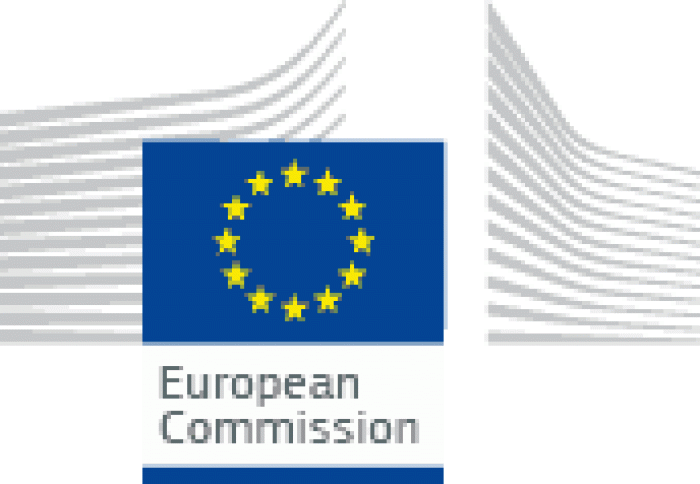European Commission
 Commission representatives are part of the FRA’s Management Board (together with independent members who are appointed by each Member State and the Council of Europe). The Board is responsible for adopting the agency’s work programme, approving its budget and monitoring its work. Through its participation in the Management Board’s discussions and its right to deliver an opinion on each draft annual work programme, the Commission can help inform the Board about current EU legislative and policy processes, thus ensuring the agency’s work focuses on issues of priority.
Commission representatives are part of the FRA’s Management Board (together with independent members who are appointed by each Member State and the Council of Europe). The Board is responsible for adopting the agency’s work programme, approving its budget and monitoring its work. Through its participation in the Management Board’s discussions and its right to deliver an opinion on each draft annual work programme, the Commission can help inform the Board about current EU legislative and policy processes, thus ensuring the agency’s work focuses on issues of priority.
There is also a Commission representative in FRA’s Executive Board, which assists the Management Board in all its work.
FRA staff are in constant contact with the relevant departments at the Commission. In this way, the Commission can readily draw on the agency’s assistance and expertise when developing, implementing and evaluating EU policies and legislation. The close coordination also serves to ensure that reports and research initiated by the Commission are taken into account in the agency’s work, and vice versa. FRA works particularly closely with the Directorate-General for Justice and its Directorate for Fundamental Rights and Union Citizenship. The following are examples of FRA’s cooperation with the Commission:
- FRA regularly informs inter-service meetings and takes part in Commission expert and advisory groups, such as the Expert Group on Framework Decision of Racism and Xenophobia, Contact group on Return Directive, Contact Group Migration, Contact Group of EU Agencies on migrant smuggling and others;
- in 2015 FRA published the results of the project “Victims of crime in the EU: the extent and nature of support for victims”, that was developed at the request of the European Commission and aimed to identify promising practices in the area of victim support services. Such practices increase the exchange of know-how, which is reflected in the Commission’s roadmap for strengthening the rights and protection of victims. This in turn makes provision for a future recommendation to EU Member States based on existing promising practices;
- upon invitation of the Commission FRA participates in the ‘Roma Task Force’ and contributes to its work through the provision of data. In April 2011, the Commission mandated FRA in its EU Framework for National Roma Integration Strategies to 2020 with the following tasks: collecting data regularly across the EU; and assisting Member States in developing monitoring tools. The upcoming FRA EU-MIDIS II survey will contribute in this regard.